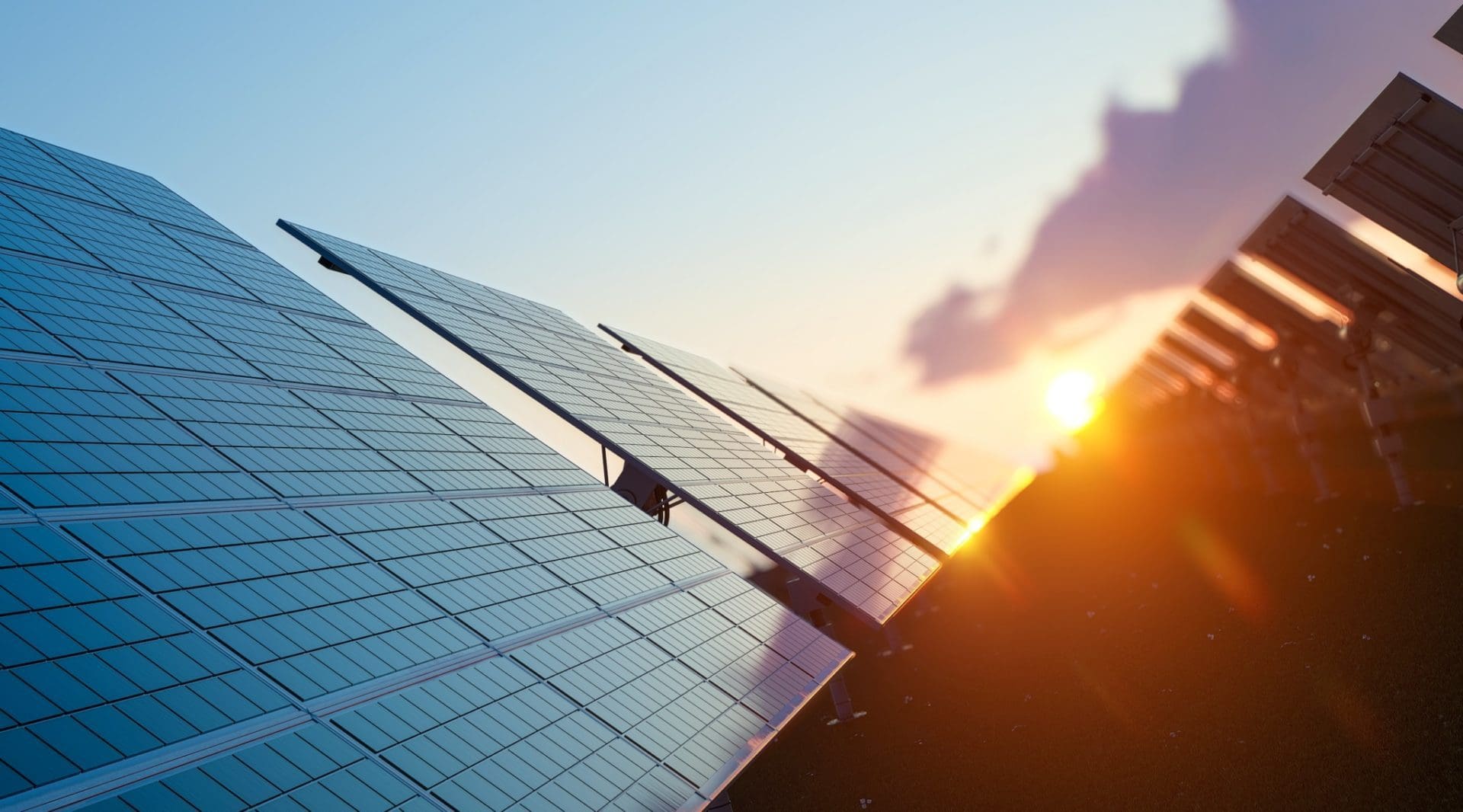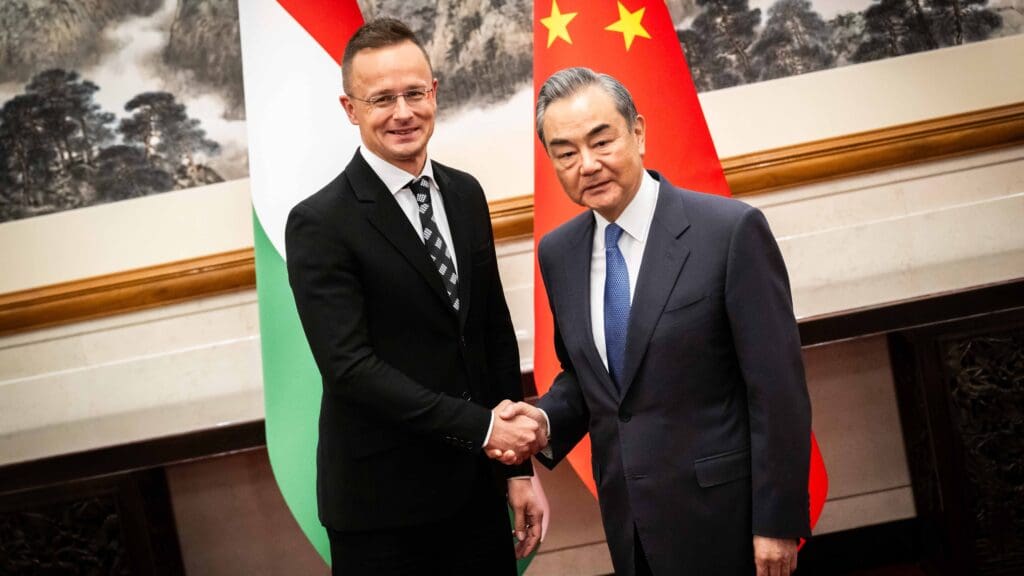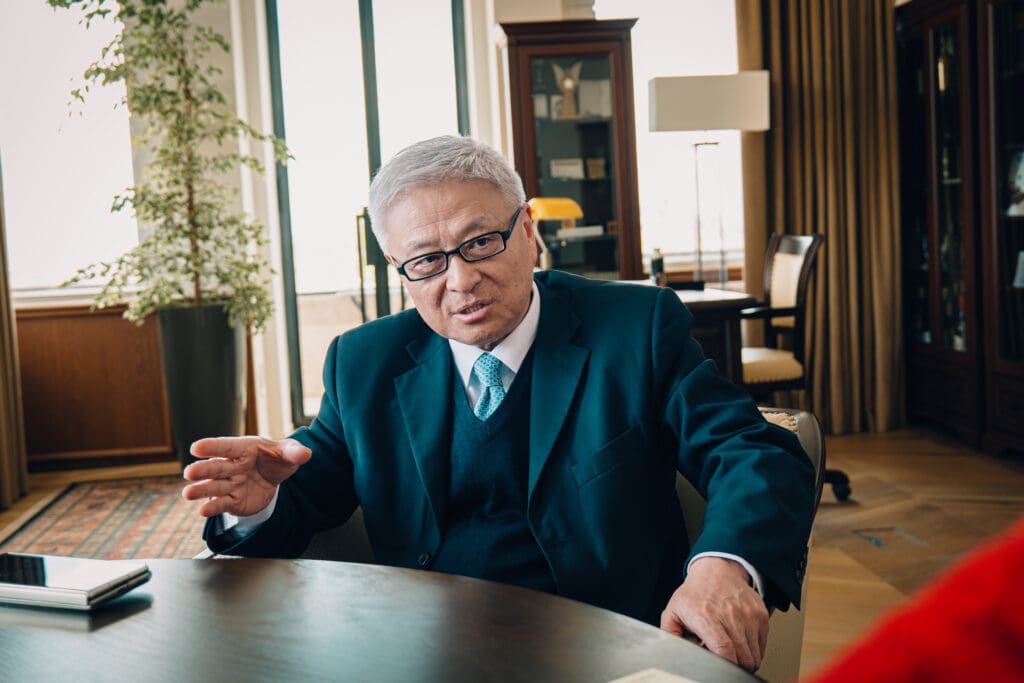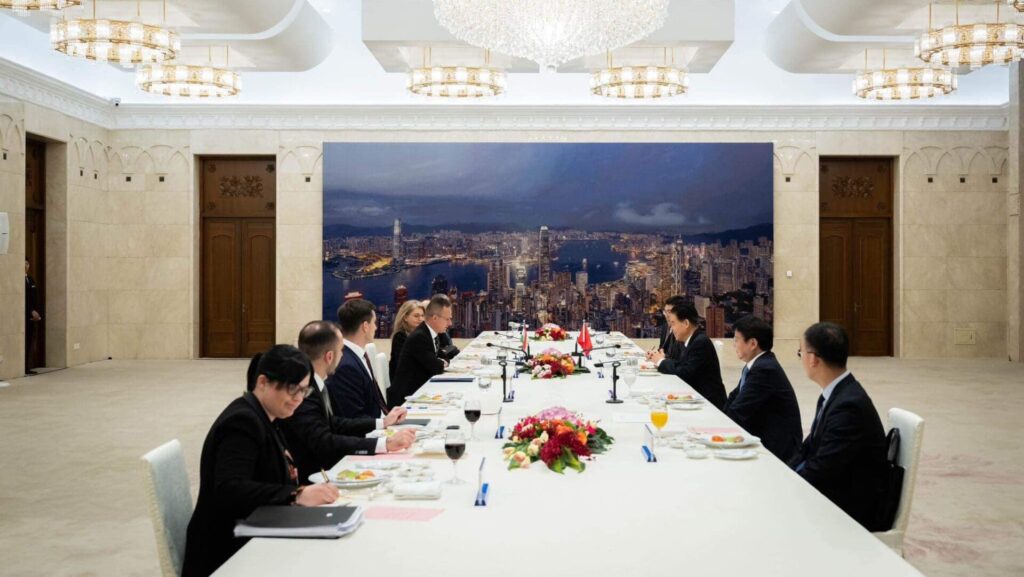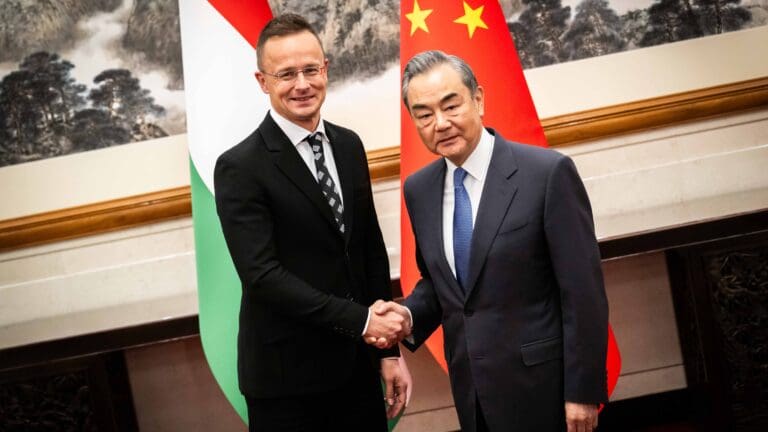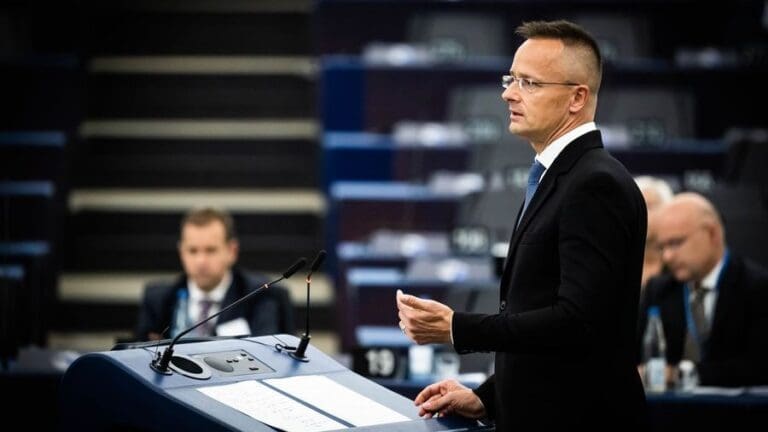As of today, China has control over 80 per cent of the solar panel manufacturing stages, according to the International Energy Agency (IEA). The IEA warns that this level of concentration is dangerous as supply chains are already stressed and the need for rapid expansion to combat climate change will stress them further. As EU countries race towards their energy transition goals the question remains how this phenomenon is going to impact their plans?
China’s Role
Chinese industrial and innovation policies focusing on solar panel production have been immensely helpful in bringing down the price of solar technology. To such extent that it became the most affordable electricity generating technology in plenty regions of the world. These favourable policies have led to imbalances in the solar technology supply chains, according to the IEA report.
Favourable policies have led to imbalances in the solar technology supply chains
Consequently, China’s share in the key manufacturing stages of solar panels surpasses 80 per cent, which is a number that is set to reach 95 per cent in the coming years based on currently under construction manufacturing capacity.
Executive director of the IEA stated, ‘China has been instrumental in bringing down costs worldwide for solar, with multiple benefits for clean energy transitions.’
What’s more, China has invested immensely in Malaysia and Vietnam’s manufacturing capabilities, growing their solar products’ share of their trade surpluses account to 10 per cent and 5 per cent respectively.
In line with their solar expansion, China also built Central Europe’s biggest solar plant in Hungary in 2021. The China National Machinery Import & Export Corporation’s (CMC) solar plant was built in Kaposvár, providing a five-per cent increase in Hungary’s solar electricity production. Hungary planned to have two gigawatts of such production by 2020, but exceeded that goal even before the installation of the Chinese plant. With the help of the plant, Hungary became the leader of solar-based electricity production in the EU in 2021.
China’s positive impact on solar technology production is undeniable, but some problems have already emerged due to other countries’ lack of innovation and production. As China has invested extensively into cell and wafer production, their capacity exceeds demand by 100 per cent, so their capabilities are not being used efficiently. On the other hand, polysilicon—a key material for solar panels—production, has hit a bottleneck, leading to 400 per cent increase in price in 2021.
Europe’s Role
While renewable energy accounted for 22.1 per cent of the energy consumption in the EU in 2020, a large portion of which is solar, EU countries have outsourced their manufacturing and production to China to cut costs. While the outsourcing guaranteed efficiency and financial gain, the supply chain became vulnerable to disruptions leading to price increases.
As a result, the European Solar Initiative was launched in 2021 with the aim of upscaling the solar technology manufacturing capacity in Europe by 2025. This would create 400 thousand jobs and unlock €40bn of annual GDP, but this may be too little too late, as China has not stopped expanding and cementing Europe’s reliance on Chinese manufacturing.
To meet international energy and climate goals, global expansion is a must on an unprecedented scale. According to the IEA, to be on track to reach net zero by 2050, a quadruple increase in solar capacity is required. Seeing how slow the EU has been in establishing manufacturing, these plans seem to move further out of reach each day.
China’s role in driving down prices of solar technology has been pivotal for the entire world. They have massively expanded the manufacturing and production of solar panels, not only in their own country but other eastern countries as well. This made the West’s job in achieving climate goals and clean energy transition substantially smoother but also made it so that global events—such as a pandemic—could easily rattle supply chains leading to price hikes and installation delays, jeopardizing the goals the West set out to achieve. Had they been more proactive and diversified earlier, the supply chains could have had an easier time adjusting to the difficulties.
China’s role in driving down prices of solar technology has been pivotal for the entire world


